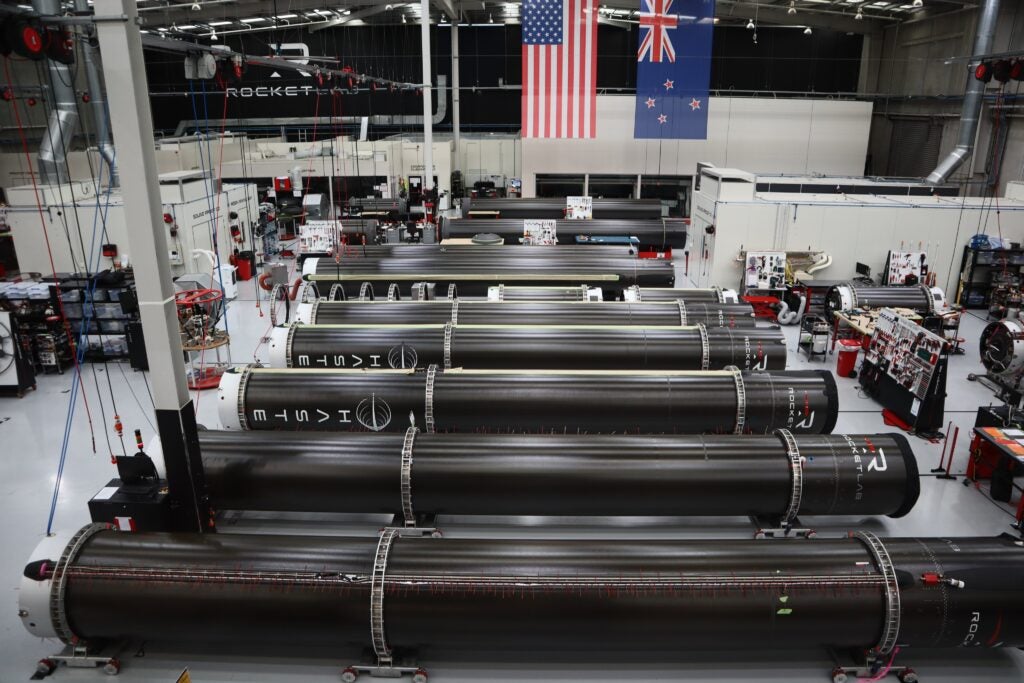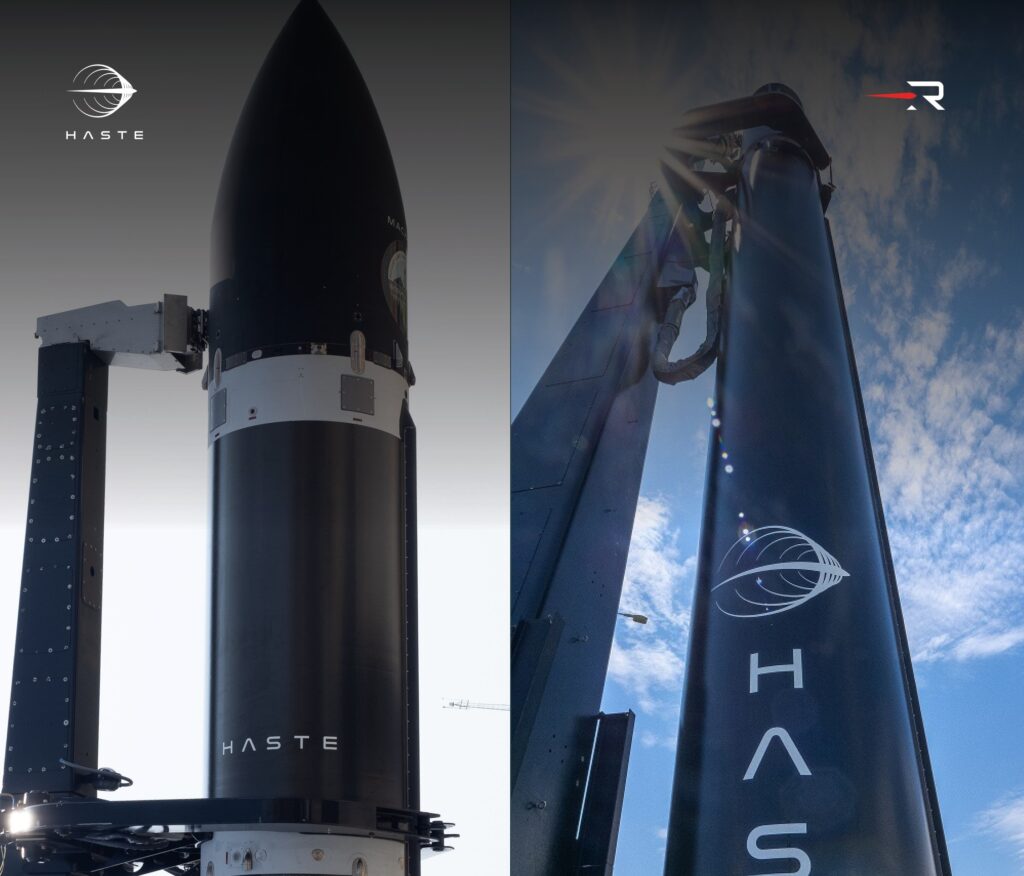Rocket Lab Signs the UK as its First International Hypersonic Testing Partner
Rocket Lab’s leading position in the hypersonic flight testing market reached a new height on April 14, when it announced it had been selected as part of the UK’s £1 billion Hypersonic Technologies & Capability Development Framework (HTCDF). This program seeks to develop a sovereign UK Hypersonic Strike Capability through combining a diverse group of defense contractors now numbering over 90. Rocket Lab will be providing it’s unique HASTE (Hypersonic Accelerator Suborbital Test Electron) vehicle to enable the testing of high performance boost-glide vehicles and scramjet powered systems.

A critical bottleneck in hypersonic testing has been the launch vehicle itself. For example the now cancelled US Air Force ARRW program was severely tripped up by 3 failed flight tests in 2021 which had nothing to do with the glider itself. Similarly between 2020 and 2022 two out of three tests of the Army-Navy Common-Hypersonic Glide Body (C-HGB) failed due to booster issues. This resulted in the entry to service date for the US Army’s Long-Range Hypersonic Weapon (LRHW) being pushed back from FY23 to FY25.
The demand for hypersonic flight testing is to subject the glider and its novel materials to the 1,700 C° environment of Mach 5+. If the boosters continually fail then this development is frozen. Thus the DoD began the Multi-Service Advanced Capability Hypersonics Test Bed (MACH-TB) project to take advantage of existing commercial systems to perform hypersonic testing with greater reliability and lower cost. Rocket Lab was the perfect candidate because it was able to leverage the already fully in production and operation Electron launch vehicle which conducted its 30th succesful flight in January 2023. The company created HASTE by taking the existing 1st and 2nd stage of Electron and building a novel 3rd stage for the testing mission. Using the existing stages of Electron allowed the reliability and cost efficiency of the commercial satellite launch program to be utilized in the new hypersonic testing business.

In collaboration with Leidos, HASTE would launch for the first time on June 17 2023, then twice more in 2024. All three missions were complete successes, standing in contrast to the failures of prior systems.
As a cryogenic liquid oxygen-kerosene powered rocket HASTE boasts incredible performance when compared to the similarly sized solid rocket systems which had suffered so many failures. Able to launch payloads as heavy as 700kg and at speeds up to 7.5km/s (~Mach 22) HASTE has no competitors in that flight regime, at least in the West.

The UK is now able to access this incredible performance for the development of its own domestic hypersonic weapon through the Hypersonic Technologies & Capability Development Framework. Alongside the announcement of the first international partner Rocket Lab also announced it had been onboarded into the US Air Force’s Enterprise-Wide Agile Acquisition Contract (EWAAC). This is novel acquisition framework that seeks to reduce the time it takes to award contracts for weapons development from ~365 days to ~60 days. This is a unique fund with 175 contractors participating and a combined contract ceiling of $46 billion going out to 2031. The purpose is to reduce the paperwork barrier to the development of advanced weapon systems by leveraging digital acquisition and engineering methods.

